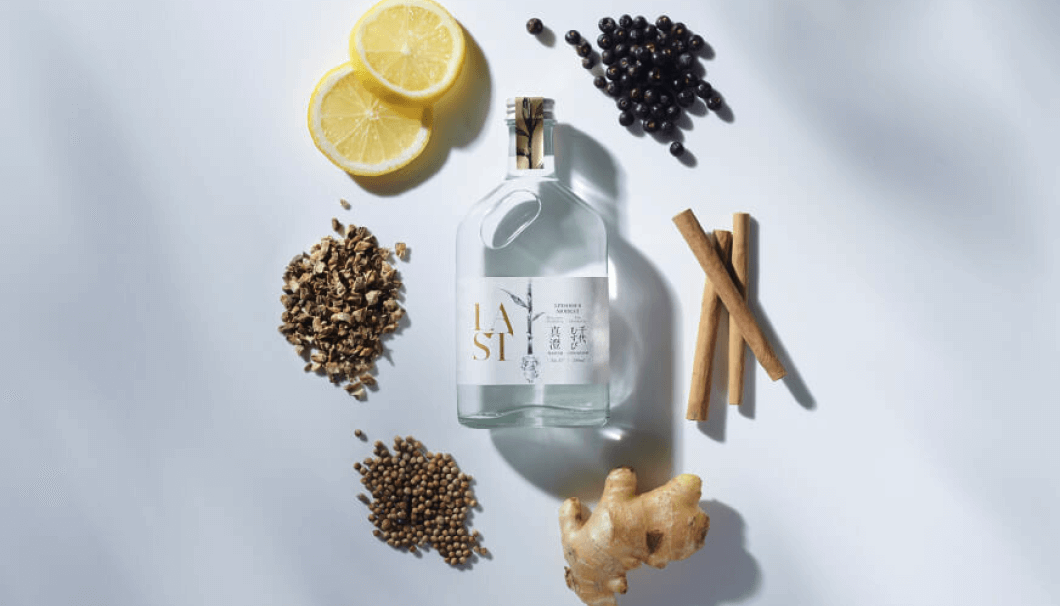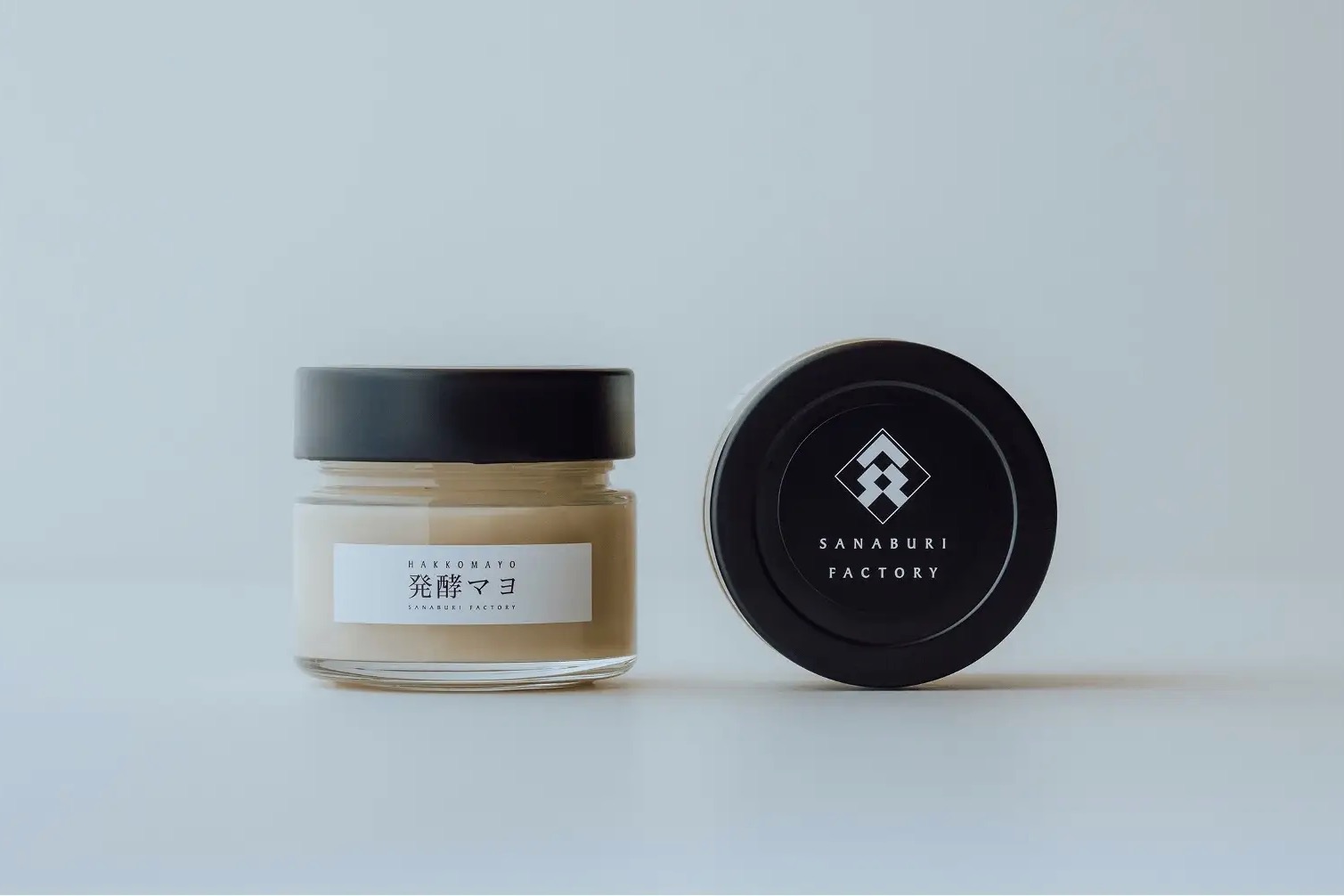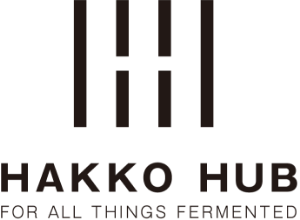Sustainability and “Sake Kasu”, a By-Product of Sake – Part 2
Last October, American food professionals visited fermented food producers to deepen their knowledge of Japanese fermentation culture during the “Hakko Tourism in Japan” tour campaign. As part of the tour, organizers held a tasting session where guests gave candid advice from the perspective of the American market to food product manufacturers looking to enter the United States market.
In Part 1, I explained that sake kasu is too good to be thrown away as it contains an ample amount of desirable ingredients. In Part 2, I will explore how in recent years the value of sake kasu is being re-evaluated, and introduce some new business ventures that seek to prevent its waste.
1. Veganism is eco-friendly
The Ethical Spirits & Co. has produced a gin from a base of spirits distilled with sake kasu (a shochu with the lees extracted). Gin is distilled liquor that is flavoured using juniper berries and other botanical materials. However, what is interesting about distilling it with sake kasu is that it is influenced by the aromas of the original sake. The Ethical Spirits & Co. has produced a variety of gin using waste materials as basic ingredients including: beer or sake in which the freshness date has passed; cacao husks that are a by-product of making chocolate; and coffee grounds.

The Ine to Agave Brewery on the Oga Peninsula in Akita Prefecture established a processing factory called “SANABURI FACTORY” that makes sake kasu in vacant houses within the city. The brewery was praised for creating jobs for a region in the process of depopulation. Also, using crowd funding that occurred in April of 2022, the company went well beyond its goal of raising ¥1,000,000 by gathering funds of ¥12,000,000.
The first round of its products included a plant-based fermented mayonnaise, called “Hakko Mayo.” From rice planting to fermentation, the company uses sake kasu as its main raw material with absolutely no additives. Applying the umami inherent in sake kasu, they have produced a mayonnaise that doesn’t use any animal products. Not only having the benefit of lowering the company’s environmental impact, it can also be consumed without concern for vegans or people allergic to eggs. As a mayonnaise-like cooking ingredient, this product has gathered attention to carve out a future for the vegan market in Japan.

2. Discovering new merits
Mr. Yamamoto from The Ethical Spirits & Co. has stated, “‘it is wasteful not to eat sake kasu.’ Even though this is the reality, it sounds like I am giving you the hard sell. Going back to the core issue, unless we convince consumers to voluntarily say, ‘I want to eat and drink sake kasu,’ we will not be able to solve this problem.”
Mr. Okazumi Shuhei, the representative of Ine to Agave Brewery, has also stated his opinion. “I have heard that in the past, the demand for sake kasu itself was enough to pay all salaries of the employees at brewing companies. By not having found a practical method to suit modern eating habits, a large amount is going to waste. Rather than simply selling sake kasu, I believe that by working with food processing plants, it could have new value—that is, I believe it is necessary to make it into treasure.”
Even with its charms, sake kasu will not necessarily receive the recognition it deserves; thus favorable marketability is desired. Along with the times, new ideas will be the way to polish this diamond in the rough.
Saki Kimura is an accomplished journalist specializing in sake. With a journalism certificate from UCLA, she's reported on sake consumption worldwide. Currently the director of SAKETIMES International, she writes, translates, and promotes sake, focusing on overseas distribution and international breweries. Her expertise has made her a respected figure in the industry.

